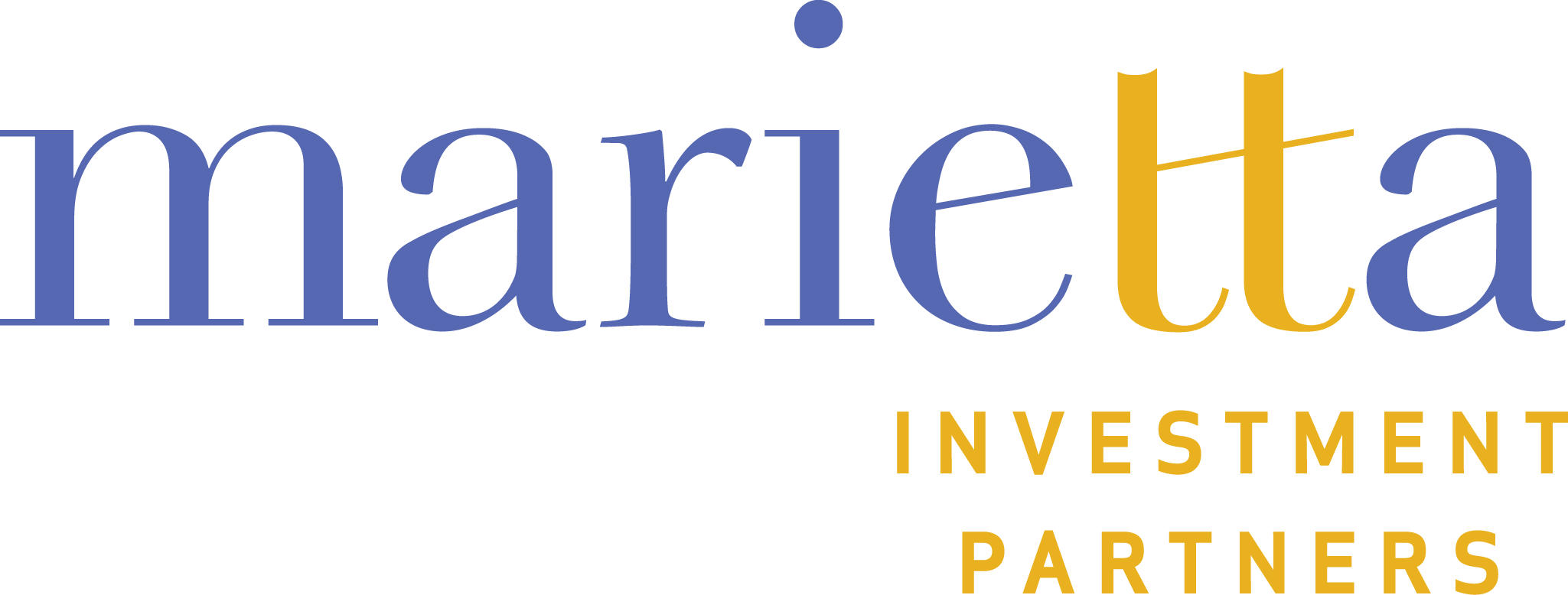We continue our odyssey through 2020 amidst a severely challenged global economy and extremely volatile equity markets. After suffering its worst performance in history in the first quarter, the S&P 500 Index partially recovered in the second quarter. International stock markets have paralleled the ups and downs of their US counterparts, with tracking extending to the relative performance of industry sectors and investment styles and themes. The path to greater stock market gains relies on continued progress towards containing COVID-19 and the successful adaptation of businesses and consumers in a post-virus world. Therefore, in developing an outlook, our focus is on the coronavirus and its economic impact.
We begin with the condition of the US where there is considerable uncertainty and heated debate, which shape the positive and negative investment cases. To place our outlook in perspective, it is useful to summarize the major assertions of the opposed forecasts.
The bullish case for stock markets has been in the ascendancy since March 23:
- The economy will bounce back quickly to pre-virus levels.
- Corporate profits will not fall as far as feared and second half earnings estimates will rise.
- The federal government passed the largest stimulus package in history, which limited the negative economic impact of the shutdowns and boosted household savings and consumer confidence. Additional stimulus is forthcoming and will aid a swift economic recovery.
- The Federal Reserve has pumped liquidity into the financial system, has lowered interest rates to zero, and has promised to remain extremely accommodative for the foreseeable future. Don’t fight the Fed.
- Globally, new cases are under control and most countries are rapidly opening. This will restore supply chains and boost overseas revenues and profits.
- Trillions of dollars are sitting in cash on the sidelines, ready to be invested.
- Bonds and money markets provide unattractive returns compared to stocks.
The bearish case is also persuasive:
- COVID-19 cases in the US have reached new highs and regions are shutting down again.
- The economy has barely recovered from a historic plunge and the US is in the early stages of a long recession.
- Corporate profit estimates have yet to accurately depict the magnitude of the decline and management will lower further earnings forecasts.
- Households and small business bankruptcies will accelerate, starting a default cycle.
- State and local governments will cut spending due to huge budget gaps.
- Fiscal stimulus measures passed only temporarily helped households and are set to expire very soon, with little political appetite for additional deficit spending.
- Stock market valuations have soared to extreme levels.
- A deteriorating US-China relationship will unravel the “Phase 1” trade deal and new tariffs have been levied on the European Union. Global trade tensions are on the rise.
Both the positive and negative cases rely on significant assumptions regarding the spread of COVID-19, the subsequent response of policy makers, and the resulting impact on the economy, so that it is impossible for us to have a high degree of confidence in either outlook. We share the IMF Outlook statement that “there is a higher than usual degree of uncertainty around this forecast.”
With visibility impaired, we nevertheless offer our insights regarding an appropriate investment strategy. We note that underlying factors in both the bullish and bearish cases can be true at the same time, and as a consequence, are likely to offset each other. Therefore, the most likely outcome will be somewhere in the middle of these two extremes. We think the economic recession is bottoming and the most probable future scenario is a “U-shaped” recovery (slow and gradual as contrasted with a “V-shaped” immediate strong surge, and the “L-shaped” stagnation or continued recession). With double-digit unemployment and the imminent threat of a severe recession, policy makers in the US and abroad will continue to maintain outsized fiscal and monetary stimulus policies. This enormous effort, coupled with a modest pick-up in economic growth and corporate earnings from second quarter lows, should provide adequate optimism and confidence to move markets modestly higher by year-end. Currently, we advise investors to maintain their normal, long-term exposure to equities.
Our expectation for a slow growth, U-shaped recovery has a major impact concerning individual equity selection. The economy will improve sufficiently to benefit growth stocks but will not have the surge necessary to sustain outperformance from value stocks. We continue to favor high-quality companies with strong balance sheets, experienced management, leadership positions in their industry, and long-term earnings growth potential. From a sector perspective, we recommend overweighting technology, health care, communication services, and select consumer discretion stocks. Companies which benefit from the “stay at home” trend, such as e-commerce retailers, should do well, whereas we would avoid cruise, airline, casino, hotel, and other coronavirus ravaged businesses, despite their heavily damaged stock prices. For diversification reasons, we would hold, but underweight, some value stocks in the financial and industrial sectors. Oil companies are undesirable, with anticipated negative demand/supply conditions for the commodity. Utilities and consumer staples stocks will remain an attractive group to income oriented, preservation of capital sensitive investors, but as a group we expect them to underperform.
As global economies reopen, international economies and stocks are positioned to outperform the US. Countries that adopted a disciplined approach in isolating and treating COVID-19 patients have seen dramatic and sustained declines in new cases. These economies are already showing signs of improvement as reopening turns into recovery. While additional lockdowns are a potential risk, we think they will be targeted to specific regions rather than nationwide and businesses have done well to adapt to social distancing restrictions. Further supporting international equities is substantial global stimulus, with programs surpassing 2009 levels in the Eurozone, Japan, UK, and China. A faster economic snap-back, massive stimulus measures, and attractive valuations should result in international equities leading global markets higher. Finally, the Chinese government is encouraging their citizens to buy stocks. Similar initiatives have been very effective in the past and have led to strong near-term rallies in Chinese equities.
Investors should seek out companies that benefit from the post-COVID economy. For example, the urge of city dwellers to purchase single-family homes and escape the virus will increase the demand for housing that is already in short supply. Another theme is the meteoric growth of the video game industry as consumers look for home entertainment. There are also some past themes which should remain productive. For example, global demographics support huge demand for medical devices and pharmaceuticals and retailers will continue to rapidly improve their e-commerce capabilities.
On the other hand, investing in fixed income in this market does not offer clearly desirable options. While we have long recommended that investors keep bond holdings in a low-yield environment to short maturities of high-quality issuers, the latest moves by the Federal Reserve and other major central banks have driven yields to even further historic lows. This makes it nearly impossible for bond investors to generate a sufficient income stream. This reality is another reason why equity markets have ballooned so rapidly, as bond investors have turned to stocks when they see there is no attractive alternative. Additionally, while we have not yet seen many ratings downgrades, municipal issuers are going to get squeezed in the coming months, absent any federal relief, as tax revenues dwindle due to lower hospitality, retail and tourism receipts. Corporations are slightly better positioned if they can continue operate after adjusting to COVID-19 but with low rates, we expect their balance sheets to grow even larger with new debt. We expect the bond market to remain challenging and welcome the chance to review asset allocations to see if historical fixed income targets can still meet objectives and guidelines.
We emphasize that the current conditions are without precedent; history offers very limited and potentially misplaced guidance. Conditions can change rapidly, and investors will need to exercise active and flexible portfolio management.
We wish our readers a safe, healthy, and happy summer.

